President Donald Trump declared travel prohibitions and selective travel limitations for citizens from 19 nations. These updated regulations, set to begin on June 9, 2025, mirror the contentious travel ban during his initial presidency and have reignited intense discussions around national safety and individual freedoms. Trump maintains that these limited access rules are crucial for safeguarding America. Critics contend, however, that such measures disproportionately affect predominantly Islamic states as well as marginalized groups. Furthermore, coming ahead of major events like the 2026 FIFA World Cup and the 2028 Olympic Games in Los Angeles, this timing has intensified public debate surrounding these constraints.
The news sparked immediate responses globally. African leaders, those in the Middle Eastern region, and representatives from the Caribbean denounced the restrictions. Moreover, organizations focused on human rights pledged to initiate legal battles, whereas supporters of immigrant rights expressed worries about the impact on families and communities affected. With international athletic competitions slated to take place in the U.S., these travel prohibitions pose a risk of detracting from the sense of camaraderie and fair play central to such gatherings.
Read More:
U.S. Authorities Expand ‘No-Travel’ Advisory to Cover 21 Countries
The 19 Nations Subject to Travel Restrictions
Twelve nations are under total travel restrictions:
- Afghanistan
- Myanmar
- Chad
- Republic of the Congo
- Equatorial Guinea
- Eritrea
- Haiti
- Iran
- Libya
- Somalia
- Sudan
- Yemen
At the same time, an additional seven nations have imposed partial travel limitations:
- Burundi
- Cuba
- Laos
- Sierra Leone
- Togo
- Turkmenistan
- Venezuela
National Security or Discrimination?
The administration asserts that the travel bans are related to national security. Trump and his supporters maintain this position.
these countries
doesn’t provide sufficient details about travelers and lacks dependable verification processes.
In his announcement
, Trump said,
We must not allow individuals into our country whom we can’t thoroughly scrutinize. This is crucial for national security.
”
Critics contend that these travel limitations disproportionately affect predominantly Muslim countries and their communities, which are already struggling. Many of these nations are currently dealing with domestic conflicts and political unrest, making it challenging for them to comply with heightened U.S. security requirements. As such, numerous people view these travel prohibitions as driven more by politics than an earnest effort to enhance national safety.
Waivers and Exclusions From the Travel Restriction Order
Even though there are extensive restrictions, certain individuals may still qualify for entry. For example, holders of U.S. green cards along with those who hold dual citizenships remain permitted to travel into the country. Additionally, persons with immediate relatives in the United States might be able to obtain exemptions through waiver applications. Furthermore, athletes and their coaching staff participating in significant competitions such as the FIFA World Cup or Olympic Games are allowed access. Moreover, refugees granted asylum status previously, Afghans deemed allies, and members of oppressed religious communities originating from Iran are excluded from these limitations.
Even though these exemptions offer a sliver of optimism, organizations advocating for rights argue that the procedure to obtain waivers is sluggish and ambiguous. Consequently, numerous households and tourists stay in an uncertain state, wondering whether or when they will be permitted entry into the U.S.
Read More:
“I Cannot Remain Silent”: Pope Leo XIV’s Sibling Adds Voice to Criticism of Trump’s Policies
Outrage from Affected Countries
The travel prohibitions sparked significant responses from both government officials and residents across the 19 nations affected. The African Union, for instance, appealed to the U.S. to reconsider their strategy and implement a more equitable and balanced policy instead. Meanwhile, authorities in Iran criticized these limitations as unjust.
an extension of antagonistic behavior
and vowed to contest them using diplomatic avenues.
Likewise, both Somalia and Myanmar voiced significant discontent, cautioning that these restrictions will impede not just travelers but also commercial activities and cultural interactions. In Haiti, authorities described the decision as ”
an insult
And they insisted that the U.S. should revoke it. Additionally, both Chad and Equatorial Guinea called for the overturning of this decision. They contend that these travel limitations undermine global collaboration and put pressure on relations grounded in trust and esteem.
Concerns About Human Rights and Legal Obstacles
Human rights organizations and immigration supporters have deemed the travel bans as discriminatory and unfair. For example, Amnesty International termed the policy ”
A prejudicial policy reminiscent of the contentious 2017 travel restriction.
Similarly, the ACLU contended that these travel limitations infringe upon fundamental rights and disproportionately affect people of color.
Furthermore, legal challenges are beginning to emerge. Numerous organizations aim to demonstrate that the travel bans exceed reasonable security considerations. They refer to the Supreme Court’s 2018 ruling in Trump v. Hawaii, which supported an earlier travel ban, yet they contend that these updated measures are even more extensive and unrestricted.
damaging effects.
Travel Bans’ Effect on the FIFA World Cup and International Events
The scheduling of the travel restrictions is leading to
significant concerns regarding impending worldwide occurrences.
The 2026 FIFA World Cup is only a year off, and there’s concern that travel limitations could prevent supporters and team personnel from those 19 countries from attending. While athletes and their coaching teams qualify for exceptions, enthusiasts hailing from these places may struggle with visa applications.
This might reduce the enthusiasm and communal spirit of the World Cup, an event traditionally seen as a symbol of global solidarity. Although FIFA hasn’t addressed the issue yet, those organizing events and local enterprises are concerned. If supporters aren’t allowed entrance, establishments like hotels, eateries, and tourist spots may suffer significant financial losses.
Aside from the economic issues, such limited access policies risk damaging America’s image as a hospitable destination for athletes and spectators globally. As a result, this conflict between safety measures and inclusivity presents a significant hurdle that numerous people think the U.S. must address with greater sensitivity.
Read More:
Trump’s Taxes Have Arrived, and Individuals Are Posting Their Bills
Diplomatic Tensions and Frayed Alliances
Apart from affecting travel directly, these bans might strain the United States’ relationships with important allies. Specifically, nations such as Chad and Libya have historically backed American initiatives aimed at combating terrorism.
Blocking their citizens
Now could test those vital relationships.
Furthermore, numerous people interpret this as an additional indication that the U.S. is adopting an insular stance. The European allies along with the African Union have advocated for a more equitable approach. These entities assert that instead of excluding others, the U.S. ought to collaborate with various nations to enhance overall safety. Over time, these restrictions might undermine America’s international reputation and diminish mutual confidence among different countries.
Balancing Security and Openness
The Trump administration asserts that the travel bans are essential for maintaining safety. Critics, however, maintain that genuine security is achieved through collaboration rather than isolation. These critics contend that such travel limitations overlook the intricacies of international threats and unjustly penalize whole countries due to the acts of individuals.
Hence, the task at hand is achieving a superior equilibrium. While the U.S. aims to safeguard itself, it must simultaneously maintain an openness toward international engagement. Given impending global occurrences, the importance of this balancing act has never been greater. This situation brings forth a complex query: How does the country ensure security without relinquishing its position as a haven for individuals hailing from all corners of the globe?
Final Thoughts
Trump’s sweeping travel bans and travel restrictions on 19 countries have reignited a fierce debate. Supporters see them as a firm stand to protect national security. However, critics see them as unfair, divisive, and damaging to America’s relationships abroad.
As preparations intensify for the 2026 FIFA World Cup and the 2028 Olympic Games, the issue of who can gain access to the U.S. becomes increasingly critical. This matter holds significant personal importance for supporters, sportspeople, and their kin from those 19 nations involved. At heart, this discussion around limited-entry regulations transcends visa matters; it delves into defining what sort of nation America aspires to become within an interconnected global landscape reliant on collaboration and mutual support.
Read More:
The Trump Organization Uncovers Large-Scale Food Stamp Fraud and Bribery Scheme
Trump Unveils Extensive Travel Bans and Limits for 19 Nations First Appeared Here
The Hearty Soul
.

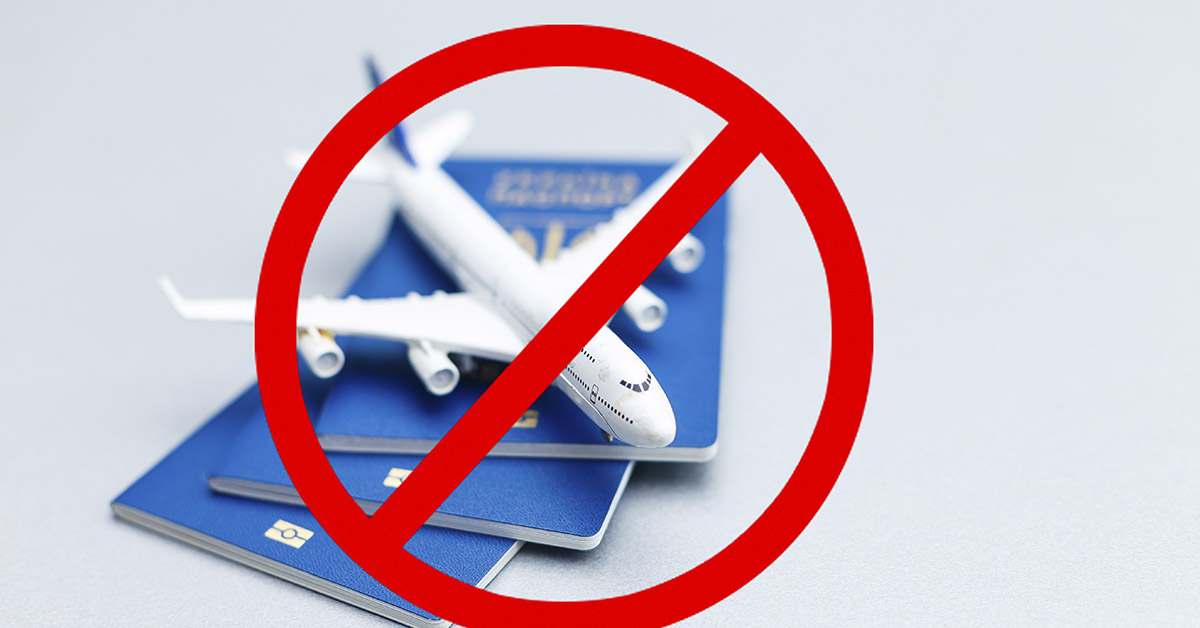
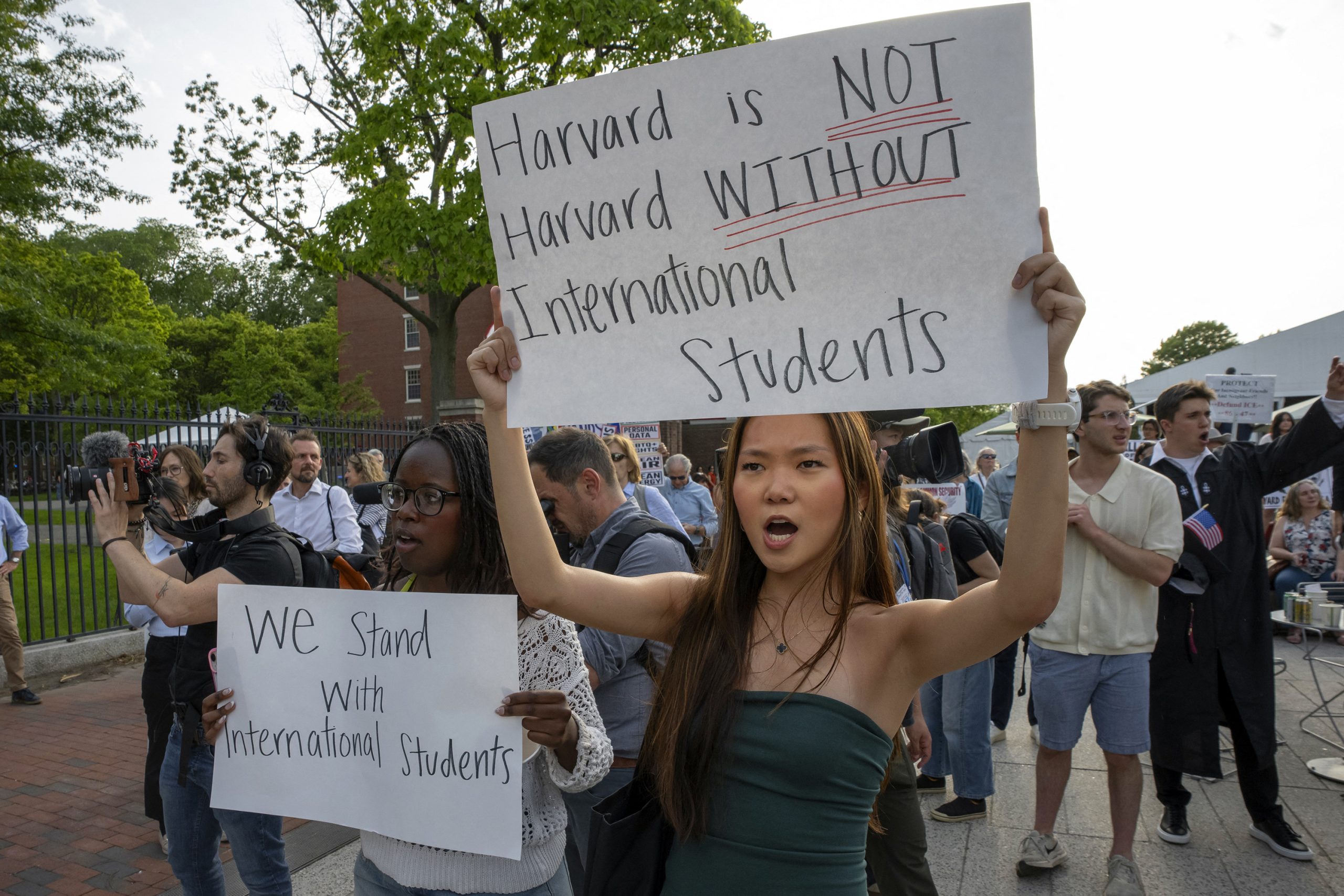
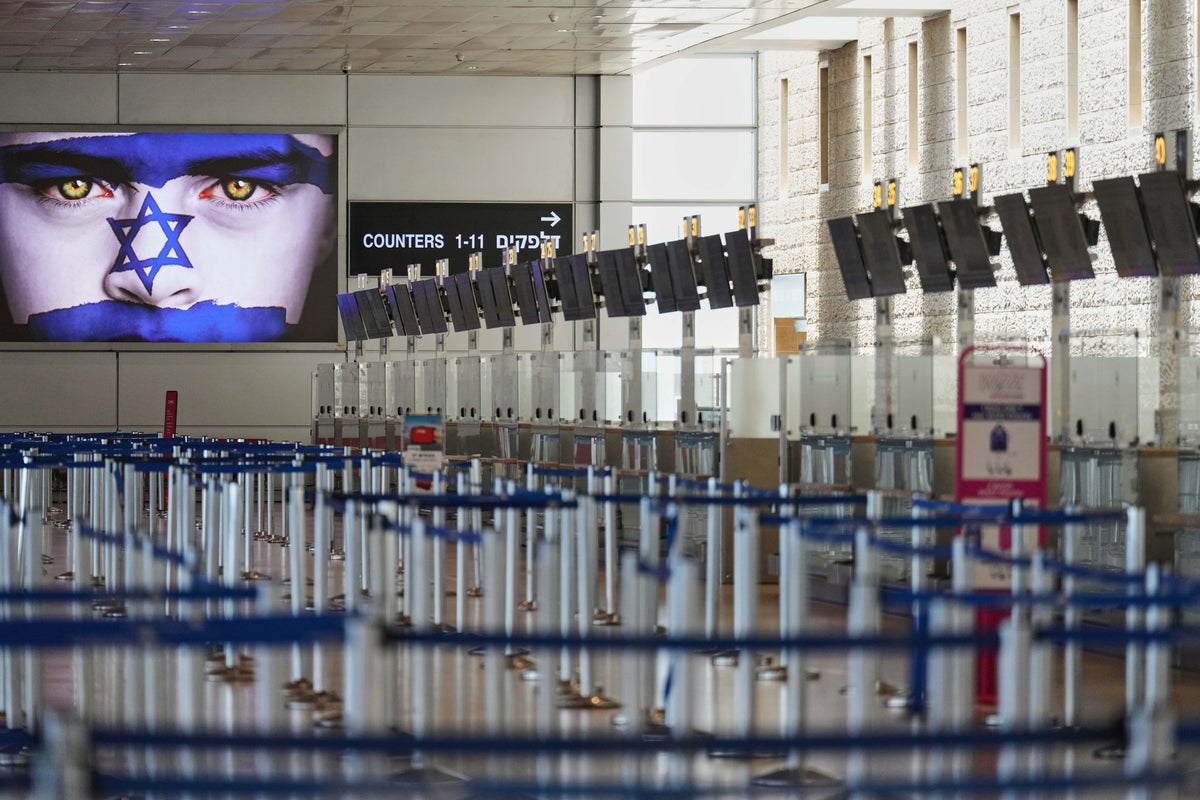
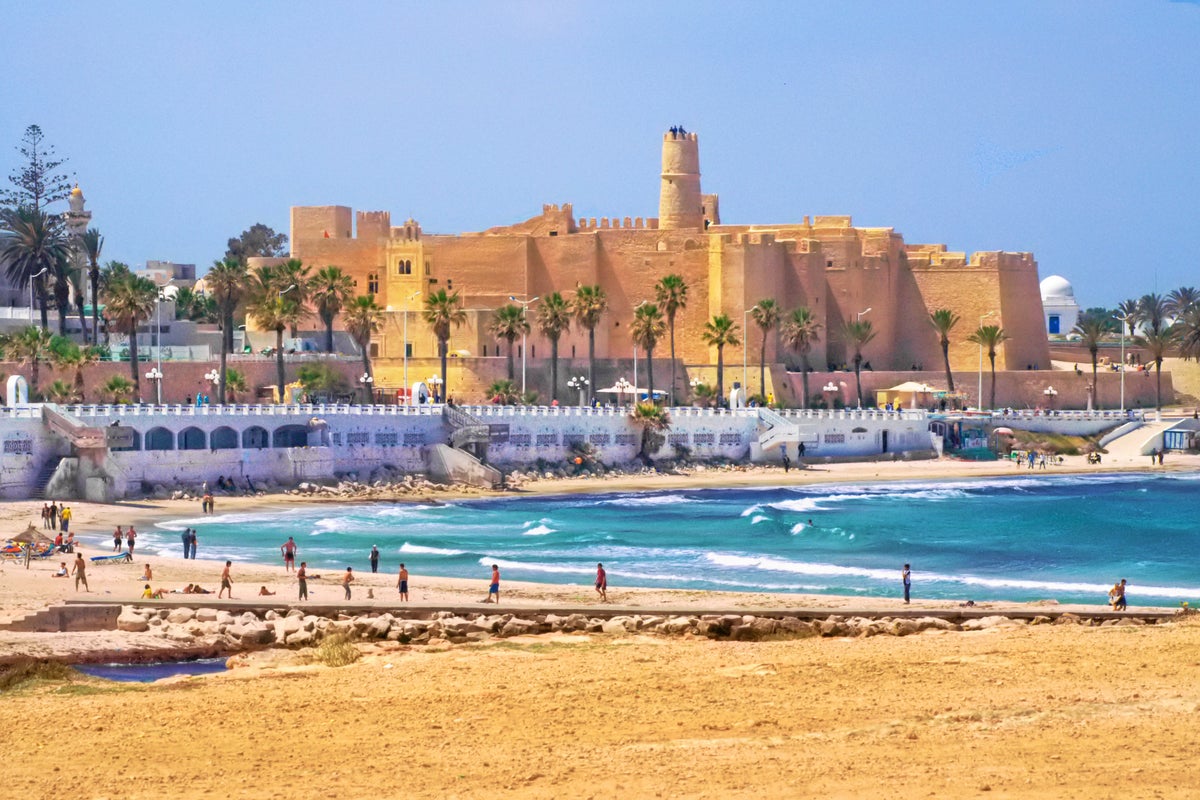
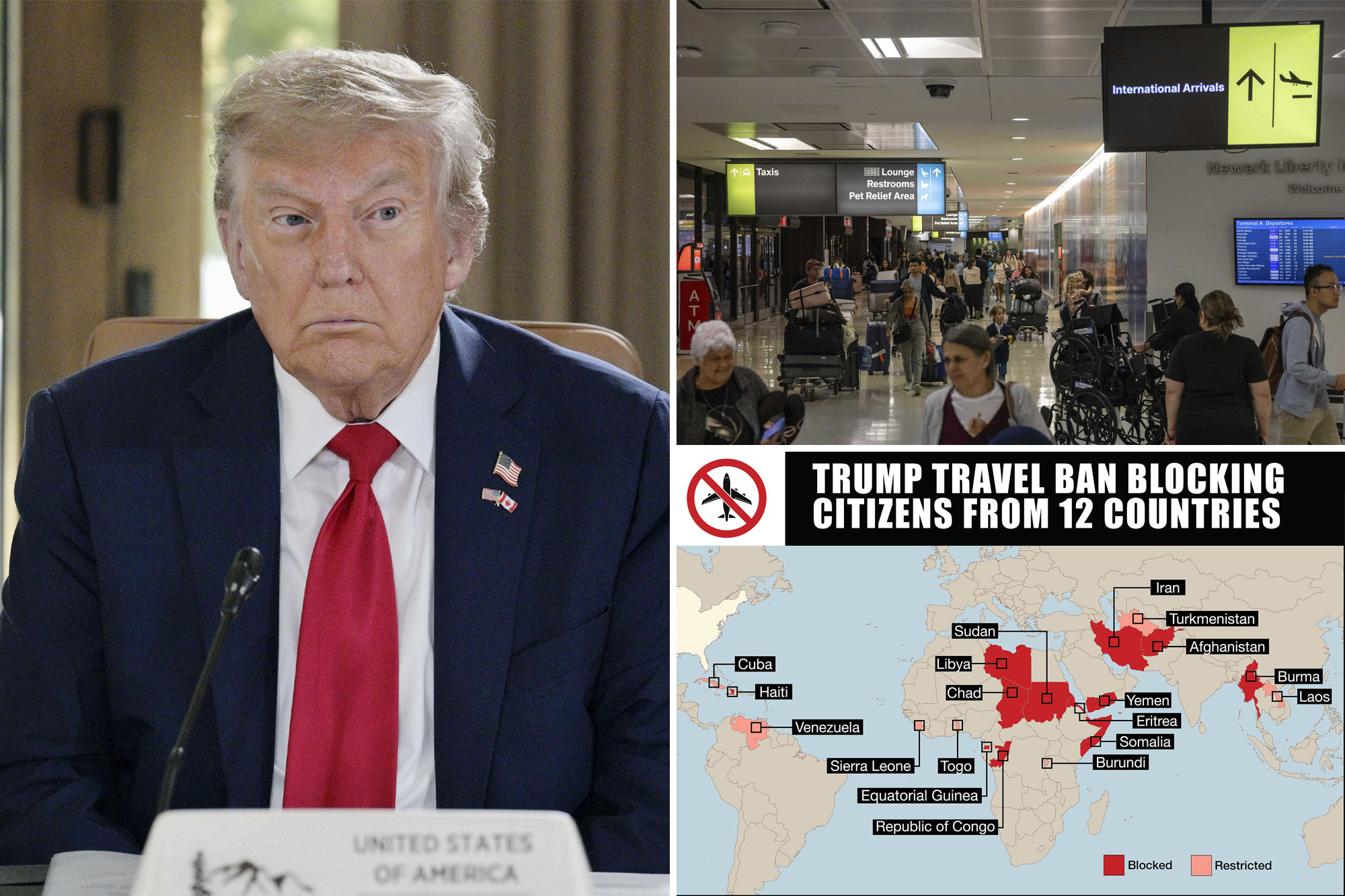
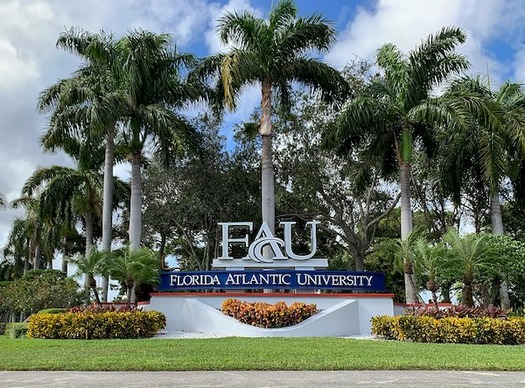

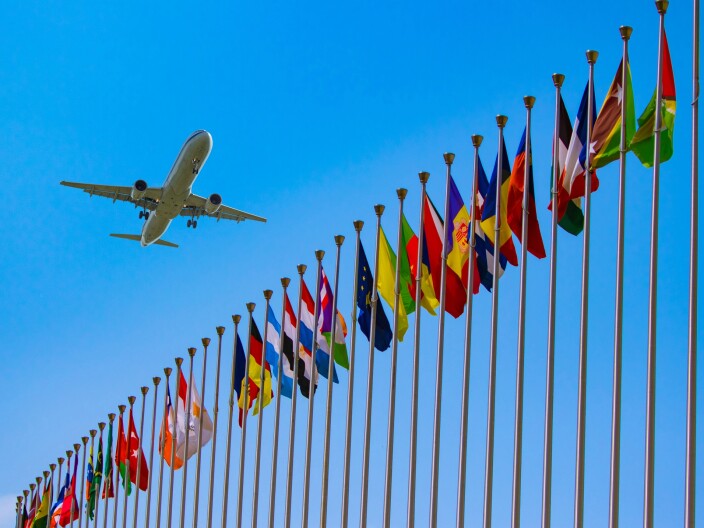
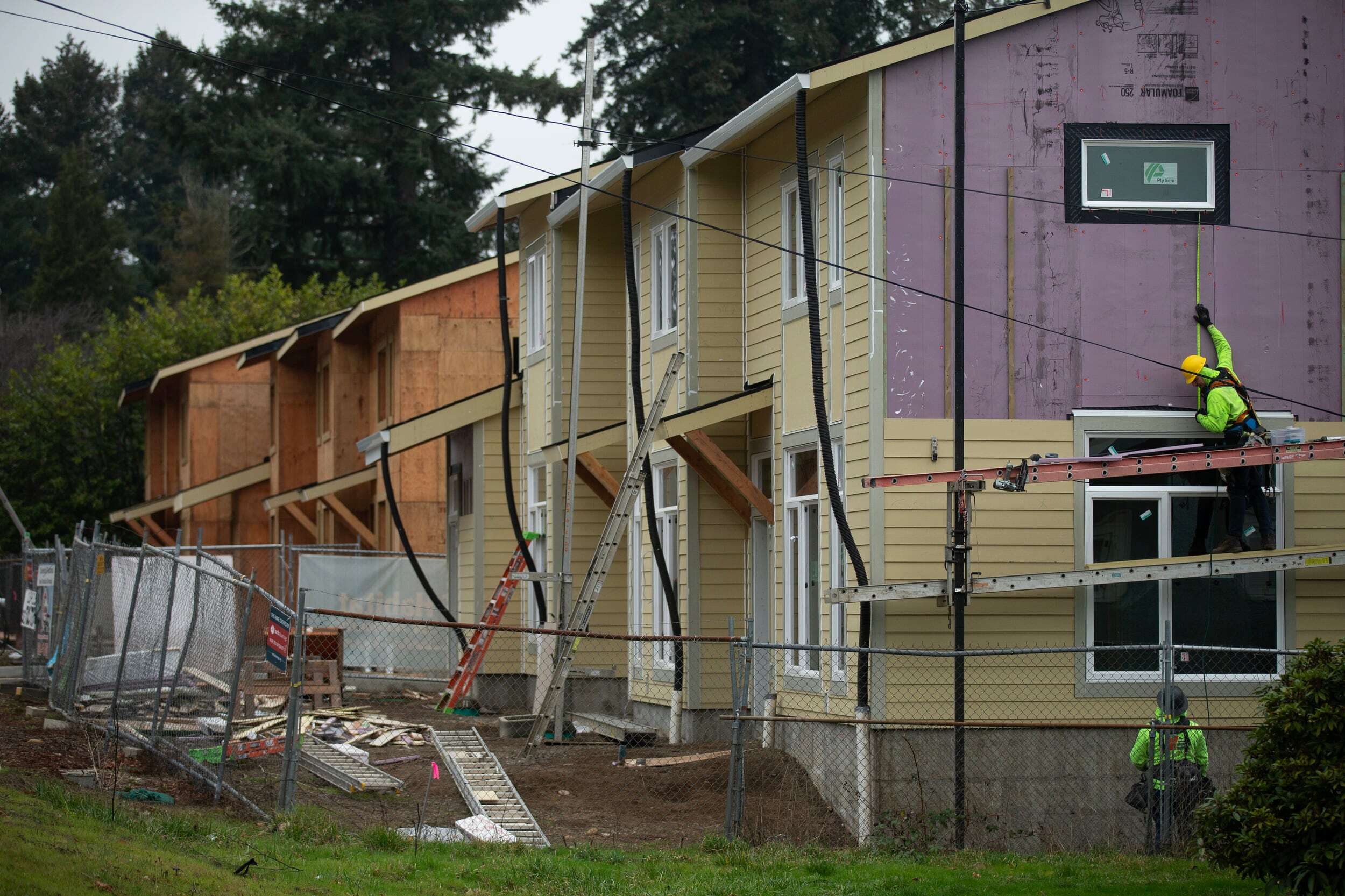

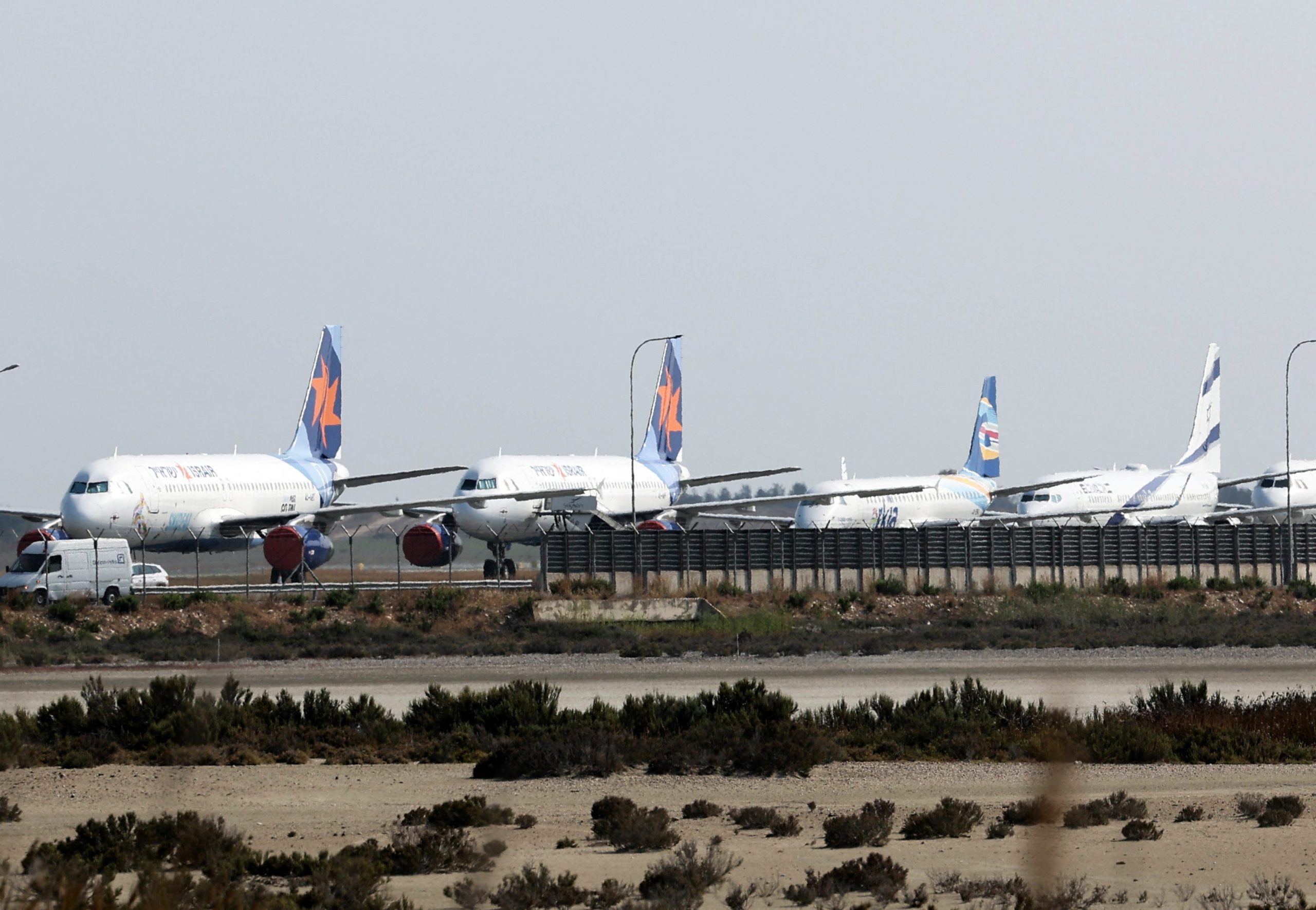
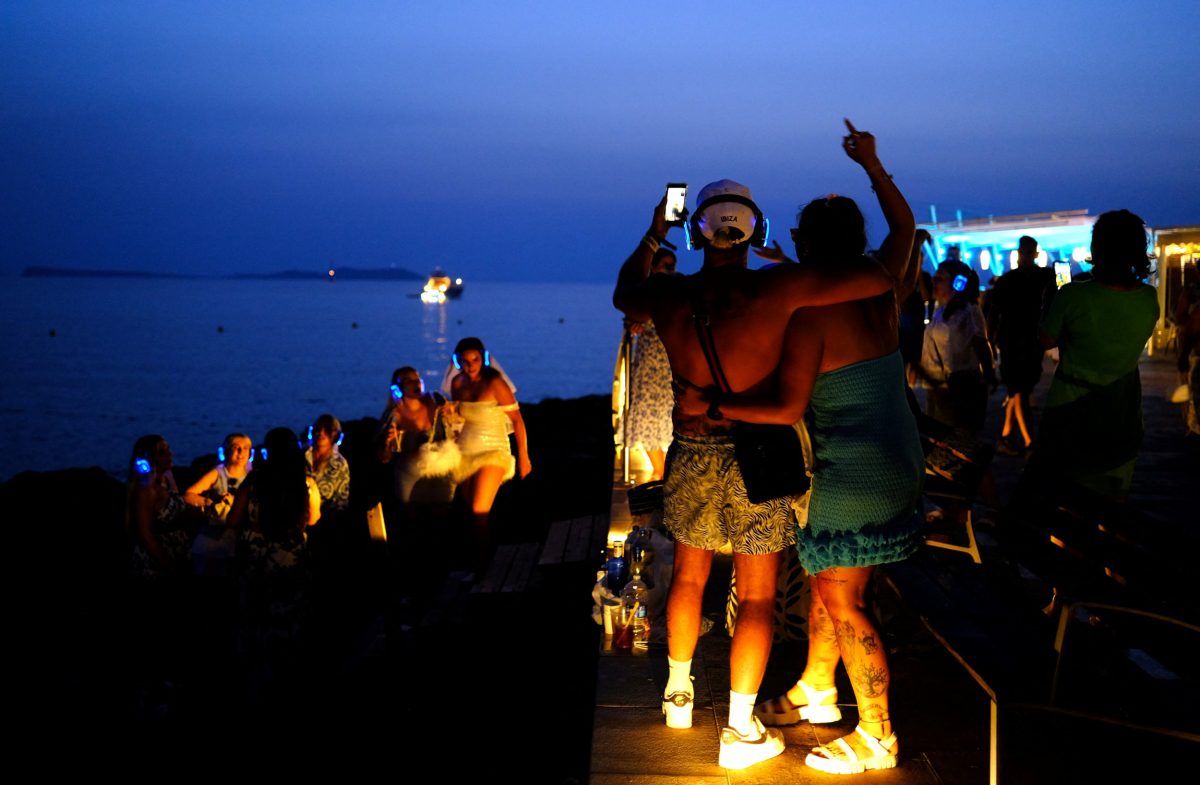
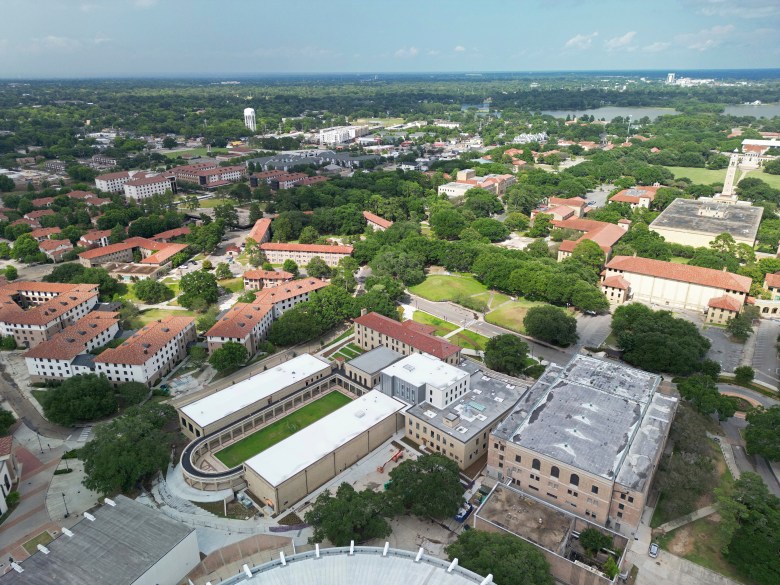




Leave a Reply